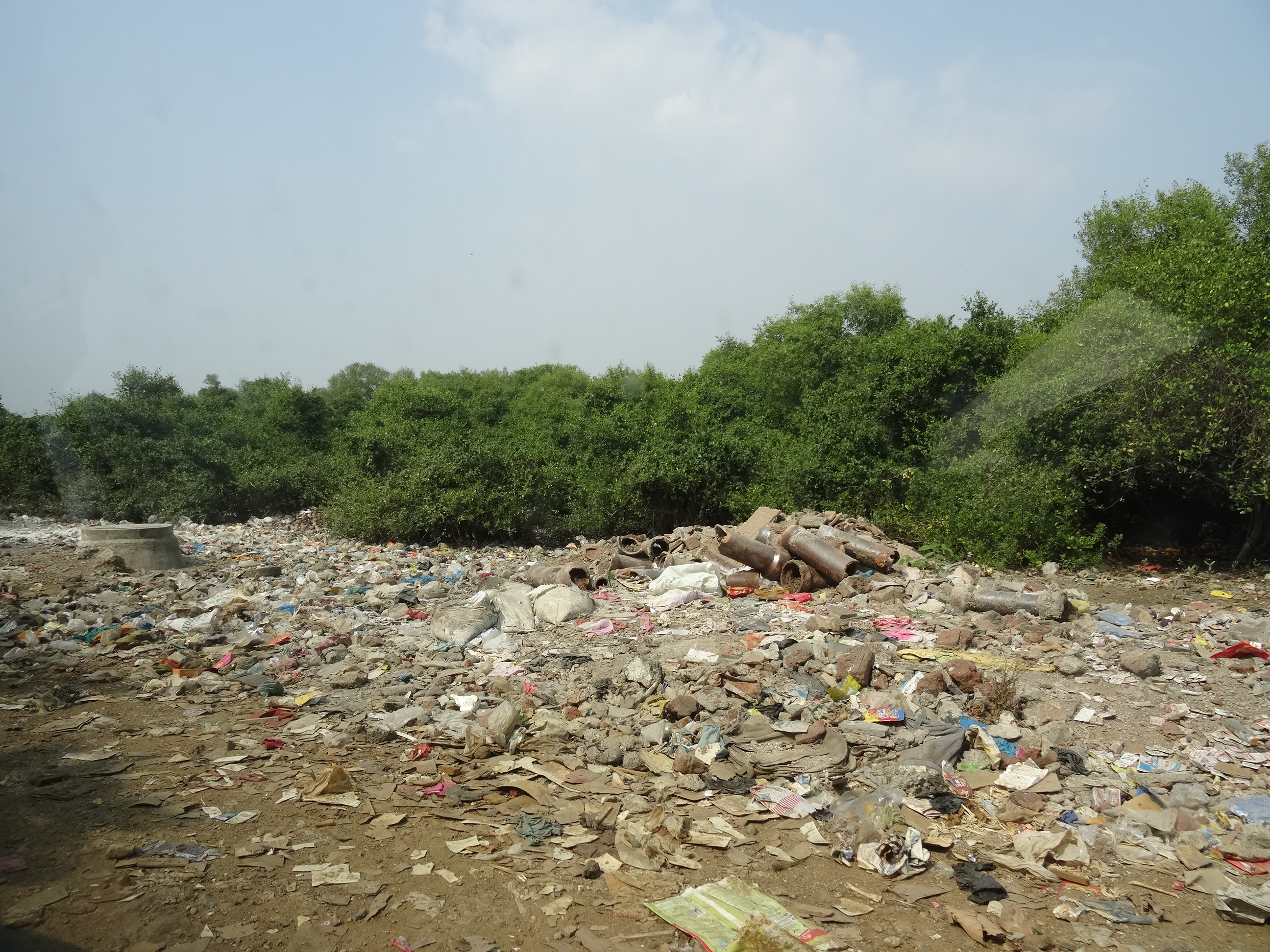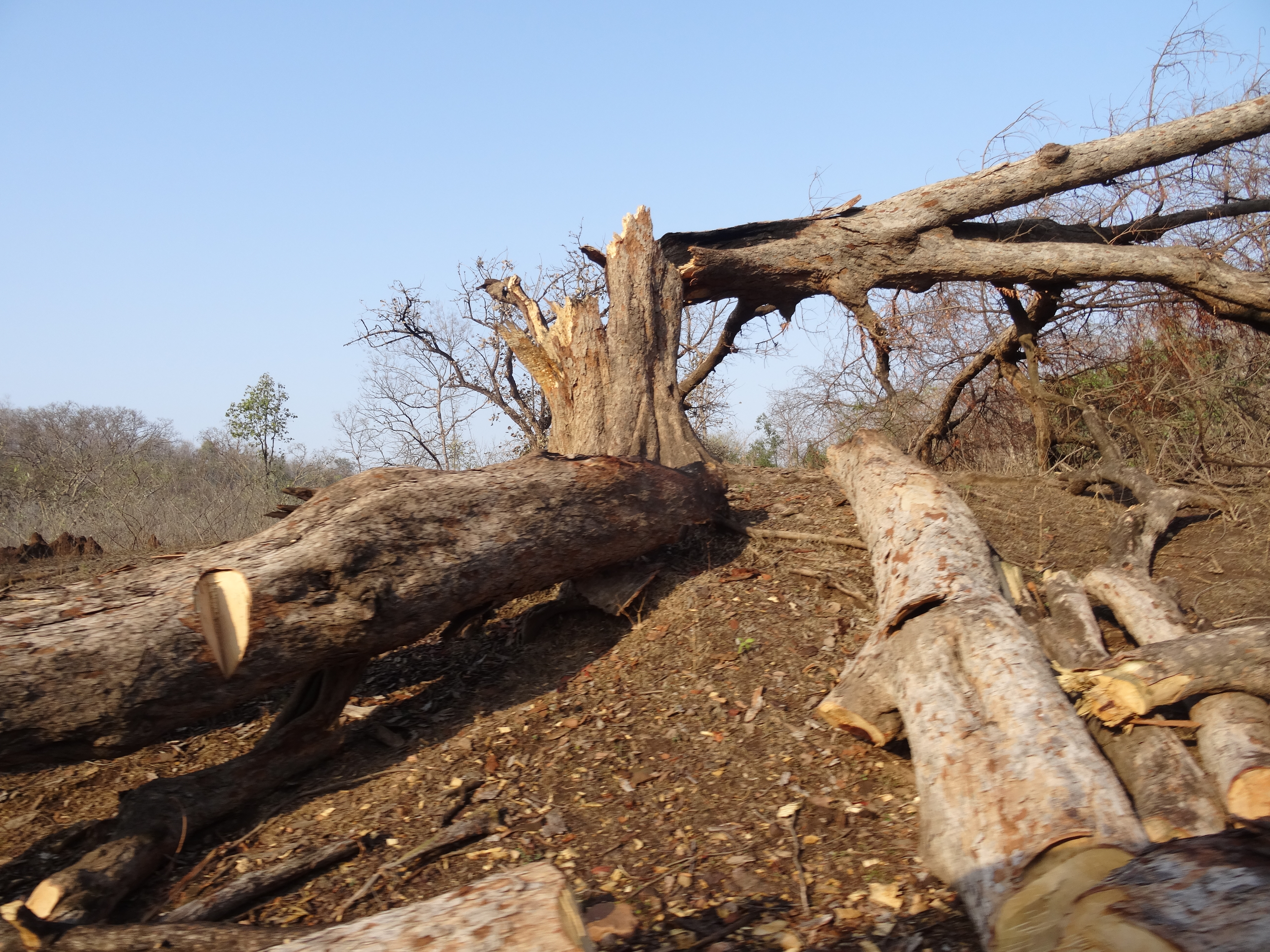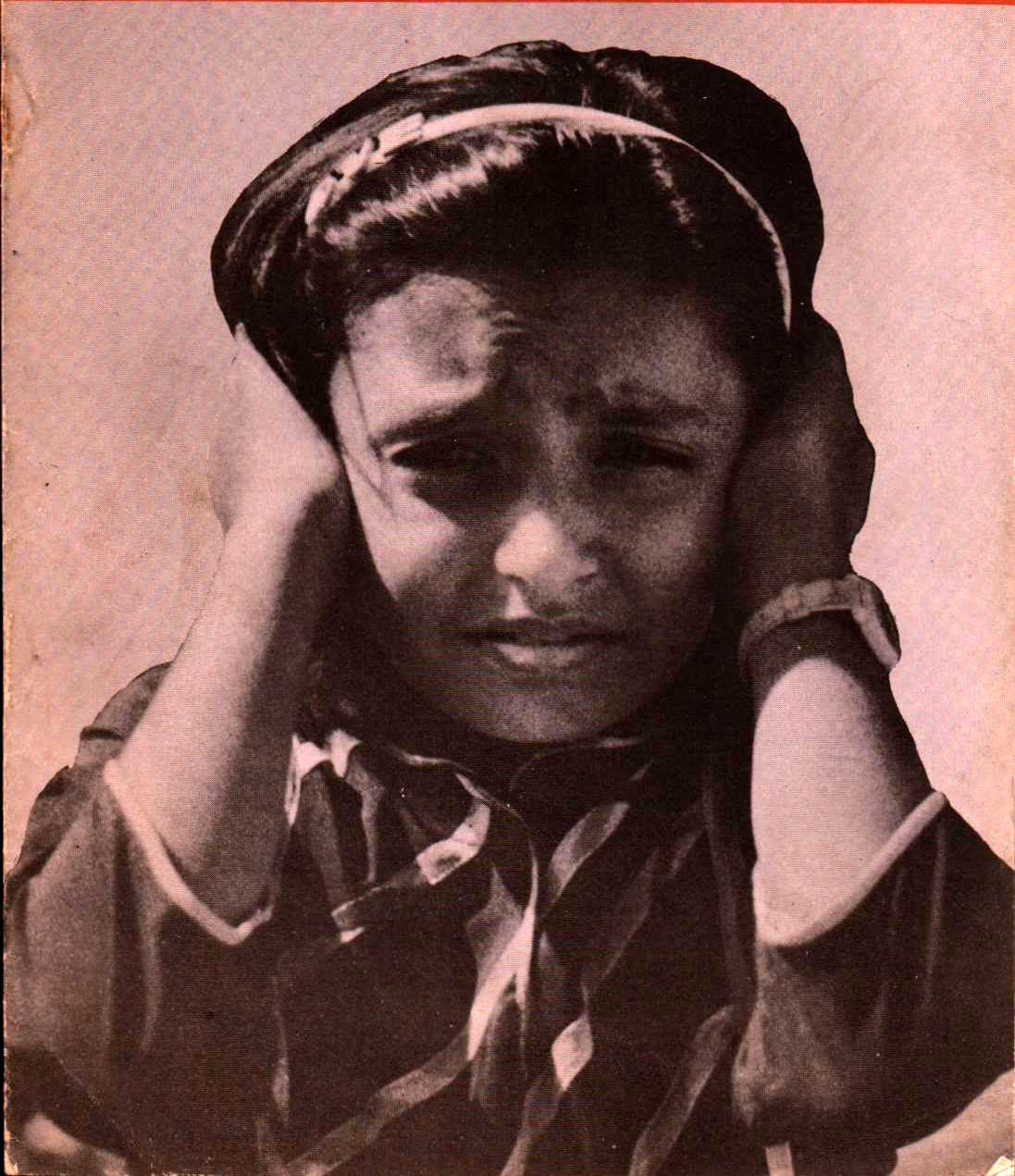DO YOUR BIT

SAVE MANGROVES
If you understand the pivotal functions played by the mangroves in our environment and are concerned about them then you must keep your eyes open for those who are harming them.
In an order passed by the Bombay High Court on 6th October 2006, the following activities have been prohibited in the entire State of Maharashtra –
- Destruction or cutting of mangroves
- Dumping of rubble or garbage on the mangrove areas
- Constructions of any sort on the mangrove areas
- Constructions taking place within 50 meters on all sides of all mangroves, regardless of ownership of the land
- Development (including buildings, engineering, mining) of any sort on the mangrove areas, regardless of the nature of ownership
Please report and violations to the Divisional Commissioner of Konkan Division at the following addresses:
Divisional Commissioner
Konkan Division
Konkan Bhavan
C.B.D Belapur
Navi Mumbai (Thane District)
Phone: (91-22) 27571324
Fax: (91-22) 27571516
Email: divcom_konkan@maharashtra.gov.in
You may also write to the Forest Department, to the Collector of the District and to the State Coastal Zone Management Authority. Please find email ids of the authorities –
| Sr No | Authority | Email IDs | |
| 1 | Konkan Division | Divisional Commissioner | konkandivision@gmail.com, divcom_konkan@maharashtra.gov.in padivcomkon@gmail.com |
| 2 | Mangrove Cell, Forest Department, State of Maharashtra |
CCF Mangrove | ccfmangrove@mahaforest.gov.in, ccfmmumbai@gmail.com, |
| 3 | Thane Forest Circle | CCF Territorial, Thane DCF Thane |
ccfthane@gmail.com, ccftthane@mahaforest.gov.in, dycfthane@mahaforest.gov.in, dcfthane@gmail.com |
| 4 | Maharashtra Coastal Zone Management Authority |
mahamczma@gmail.com | |
| 5 | Collector Office, Mumbai Suburban Division |
Collector Resident Deputy Collector Sub Divisional Officer – Western suburbs Eastern suburbs Tahsildar – Borivali Andheri Kurla |
collectormsd@gmail.com, |
| 6 | Collector Office, Thane | Collector | collector_thane@maharashtra.gov.in, collector.thane@maharashtra.gov.in |
| 7 | Collector Office, Palghar | Collector | collectorpalghar@gmail.com |
| 8 | Environment Department, Government of Maharashtra |
Secretary | mah-env@nic.in, envis.maharashtra@gmail.com |
| 9 | MoEF&CC | Secretary | secy-moef@nic.in |
Download a sample letter which you can choose to refer to while writing to the Divisional Commissioner
Note: The complaints should be sent directly to the authorities. However, please feel do send us a copy or cc the complaint to us for our records. Also, we recommend to always support your complaint with full details of the time and date, location, vehicle numbers, etc. Photographs and GPS Readings would be very helpful.
In case, you wish to remain anonymous, please send us your complaint with complete details and photographs, and GPS readings if possible. We will do the needful.

SAVE TREES - SAVE YOURSELF
Trees are important, valuable and necessary for the existence of any living creature on earth. They are essential to life as we know it and are the ground troops on an environmental frontline.
Oxygen production, cleaning the soil, controlling noise pollution, slowing down storm water runoff, acting as carbon sinks, cleaning the air, providing shade and coolness, being windbreaks and fighting soil erosion can be considered as the first few reasons why trees are priceless.
In the State of Maharashtra, the Maharashtra (Urban Areas) Protection and Preservation of Trees Act, 1975 makes a better provision for trees in the urban areas by regulating felling of trees and providing for planting of adequate number of new trees in those areas.
This act states that no can fell any tree or cause any tree to be felled, whether of ownership or otherwise, in an urban area without seeking the permission of the Tree Authority.
According to the Act, “urban area” means a municipal corporation area for which a municipal corporation is constituted under the Bombay Municipal Corporation Act, the Bombay Provincial Municipal Corporation Act, 1949 or the City of Nagpur Corporation Act, 1948, or a municipal area for which Municipal Council is constituted under the Maharashtra Municipalities Act, 1965, and includes a notified area for which a Special Planning Authority is constituted or appointed under section 40 of the Maharashtra Regional and Town Planning Act, 1966 or an area designated as the site for a new town for which a Development Authority is constituted under section 113 of the Maharashtra Regional and Town Planning Act, 1966.
The Act also defines “urban local authority” in respect of any urban area as the municipal corporation, municipal council, Special Planning Authority or Development Authority, as the case may be, having jurisdiction over that area.
If a tree needs to be felled then permission to do so must be gained from the Tree Authority (TA) through an application. This application must include the description of the tree, location, a site plan and reasons for wanting the tree to be felled.
Within 30 days of receiving the application, a Tree Officer must personally inspect the tree, hold an enquiry and report back to the TA. Adequate public notice is to be given by the Tree Officer by advertising in the local newspapers as well as a notice must be fixed on the tree itself. The TA must give or refuse permission within 60 days from receipt of application with/without conditions. Such permission shall not be refused if, in the opinion of the TA, the tree is dead, diseased, wind-fallen, poses a danger to life or property and/or obstructs traffic.
However, no tree shall be felled until fifteen days after such permission is given. If any objection is received against such permission, the matter shall be placed before the TA for reconsideration. A decision shall be taken within two weeks after giving a hearing to the person who has raised the objection.
In accordance with the act, if you witness any tree being cut in urban areas in the State of Maharashtra, then you can take the following course of action:
Enquire from the people involved in cutting the tree(s) if they have the necessary permission from the concerned Tree Authority.
Enquire from the people living or working around the sight of the tree cutting if there was any notice put up on a conspicuous part of the tree about the felling
Find out if there was adequate public notice given out by advertising in local newspapers about the felling
In case you find any ambiguities with one or more of the points stated above and if the tree being targeted was not dead or diseased or wind fallen or constituted a danger to life or property or obstructed traffic, then you can file a complaint at the nearest police station or write a complaint letter to the Chairman of the Tree Authority of that area describing the situation. You can substantiate your claims by collecting as much information as possible about the destruction of the tree, like date, time and exact location, photographs and/or videos of the destruction, registration numbers of vehicles that are being used in the process, etc.
The Chairman of any Tree Authority would be one of the following:
| Name of the urban local authority | Chairman of its Tree Authority |
| Municipal Corporation | Municipal Commissioner |
| Municipal Council | President of the Council |
| Special Planning Authority constituted under section 40 (I) (b) of Maharashtra Regional and Town Planning Act, 1966 |
Chief Executive Officer |
| New Town Development Authority under section 113(2) of the Maharashtra Regional and Town Planning Act, 1966 |
Chief Executive Officer |
| New Town Development Authority declared under section 113(3A) of the Maharashtra Regional and Town Planning Act, 1966 or a Special Planning Authority under section 40 (I) (b) of that Act |
Managing Director of the Corporation or Company |
Download a sample complaint which you can choose to refer to the Chairman of any Tree Authority.
Please send a copy of your complaint letter to us for our records.

FIGHT NOISE POLLUTION
Noise can be defined as a non-harmonious or discordant group of sounds. It is not only a nuisance but a health hazard.
From physical ailments like total hearing impairments, cardiac and cardiovascular fluctuations, stress, fatigue, lack of concentration, nausea, headaches, insomnia, and loss of appetite, the hazardous effects of noise can even cause psychological disturbances and emotional distress. Some people conduct violently due to continuous exposure to harsh noise. Pregnant women exposed to high noise levels may be at risk.
Many times, though the presence of noise is not felt, the harmful effects continue to rise in our systems.
Under Environmental Protection Act 1986 and the Noise Pollution (Regulation and Control) Rules 2000, the following rules have been framed:
- Noise is a pollutant
- Maximum Decibel levels permitted as per Rules are as follows
Maximum Decibel Levels
| Area | Day (6am – 10pm) | Night (10pm – 6am) |
|---|---|---|
| Industrial | 75dB | 70dB |
| Commercial | 65dB | 55dB |
| Residential | 55dB | 45dB |
| Silence Zone | 50dB | 40dB |
Silence Zone refers to upto 100 meters around hospitals, educational institutions, Courts etc. Loudspeakers, vehicular horns are not allowed in Silence Zone at all.
If noise around you is causing you to face problems then you must act with the Police, the Municipality, the Pollution Control Board and if necessary, the Courts to fight it.
But first and foremost you must make sure that you are not creating unnecessary noise through your actions, which might be affecting your neighbours and surroundings. Though it is not possible to have control over all sources of noise, you can check the noise levels emanating from your radio, TV, car, etc. and ensure that these are not creating problems. Also, firecrackers that make noise should not be purchased.
No loudspeaker or public address system can be used without obtaining written permissions from the authorities for the same. The Noise Pollution (Regulation and Control) Rules, 2000 states that a loud speaker or a public address system shall not be used at night (between 10.00 p.m. to 6.00 a.m.) (Please note that the State Govt. is empowered to extend the 10.00 p.m. deadline to 12.00 a.m. for 10 days during the year) except in closed premises for communication within, e.g. auditoria, conference rooms, community halls and banquet halls. In case you witness a violation to the mentioned rules or if the noise level in your neighbourhood exceeds the ambient noise standards by 10 dB(A) or more given in the corresponding columns against any area/zone due to film shows, late night parties, crackers etc, then you can do the following:
- File a written complaint at the nearby police station with Superintendent of Police or DCP with a copy to Police Commissioner, preferably a group complaint.Also get the name and designation of the officer who answers the phone, as well as the time and the date. If the concerned police officer refuses to act, the police commissioner will then be able to pull up his recalcitrant officers. Do make sure you mention all the relevant details in your complaint.
- Call the police control room (100) as well as the nearest police station. You are not bound to give your name and address. Please keep an accurate record of your complaints. If you phone the police control room, ask for your complaint ‘ticket’ number.
Please send a copy of your complaint to our address for our records.
Please download a complaint format which you can choose to refer to whilst lodging a FIR.
